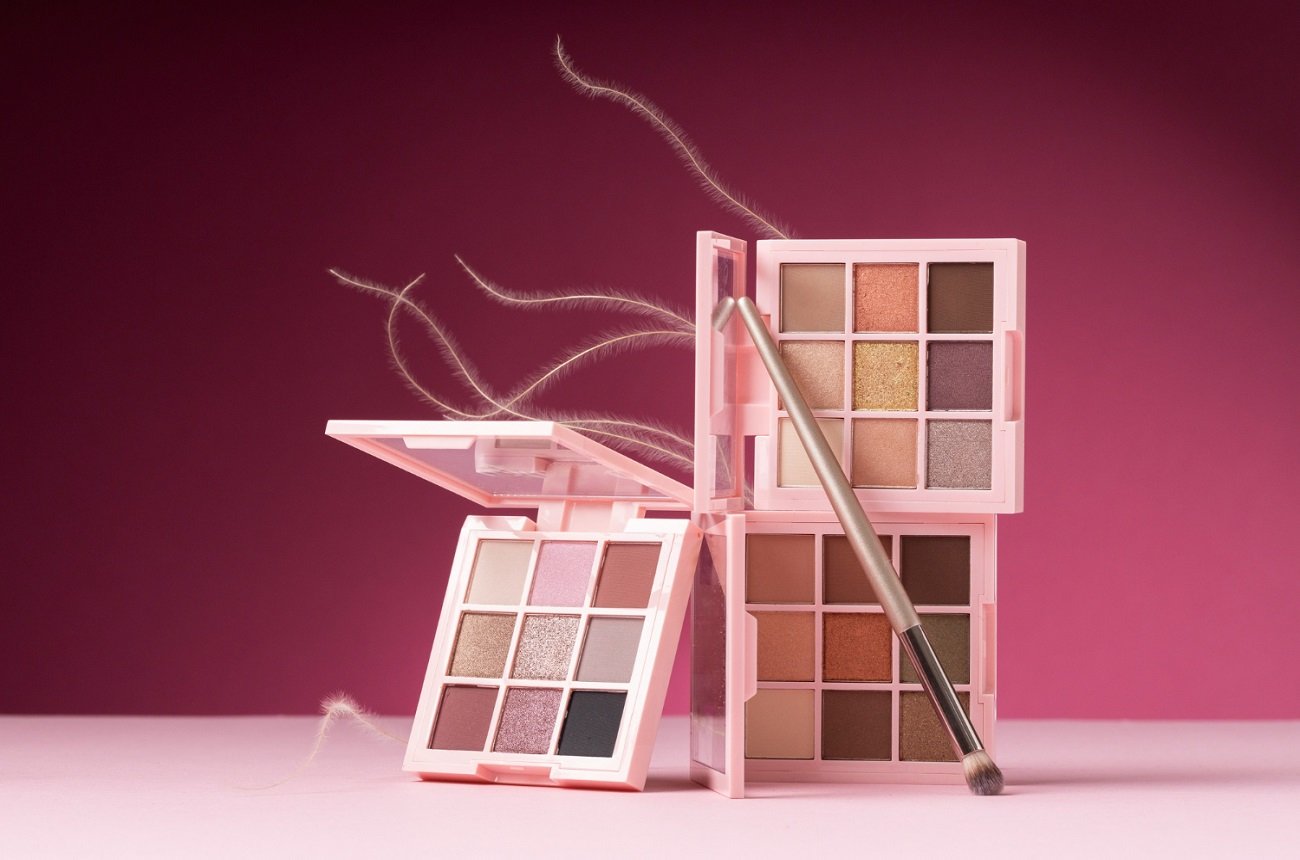Creating your own eyeshadow line can be a highly rewarding venture, combining creativity and entrepreneurship. This detailed guide will walk you through the essential steps to create eyeshadow to sell, from formulation to marketing.
Understanding the Basics of Eyeshadow Creation
Ingredients and Their Functions
The foundation of any high-quality eyeshadow lies in its ingredients. Here are the key components:
- Base Fillers: Talc, mica, and kaolin clay are commonly used to provide bulk and a smooth texture.
- Binders: These ensure the powder sticks together and adheres to the skin. Common binders include zinc stearate and magnesium stearate.
- Colorants: Pigments such as iron oxides, ultramarines, and FD&C dyes provide the vibrant colors.
- Preservatives: Essential for ensuring the longevity of your product. Examples include phenoxyethanol and parabens.
- Emollients: Ingredients like dimethicone or jojoba oil help in smooth application.
Types of Eyeshadow
Understanding the different types of eyeshadow can help you decide on the products you want to offer:
- Powder Eyeshadow: The most common type, available in pressed or loose powder form.
- Cream Eyeshadow: Offers a more intense color payoff and is usually packaged in pots or tubes.
- Liquid Eyeshadow: Provides a high-shine finish and is often used for dramatic looks.
- Baked Eyeshadow: Starts as a cream and is then baked to achieve a smooth, marbleized finish.
Formulation and Testing
Creating Your Eyeshadow Formula
- Determine Your Formula: Start with a basic formula. For a pressed powder eyeshadow, your formula might include 70% base filler, 25% pigment, 3% binder, and 2% preservatives.
- Mixing: Blend your ingredients thoroughly to ensure even color distribution. A mortar and pestle or a specialized mixer can be used for this step.
- Binding: For pressed eyeshadows, add a binder solution to the mixture until it reaches a dough-like consistency.
- Pressing: Use a pressing machine or hand press with specific molds to shape your eyeshadows.
- Drying: Allow the eyeshadows to dry completely if necessary, particularly for cream or liquid formulations.
Testing for Quality
Before selling, rigorous testing is crucial:
- Stability Testing: Ensure your product remains consistent under various environmental conditions.
- Patch Testing: Test for skin compatibility to prevent allergic reactions.
- Wear Testing: Check the product’s longevity and performance on the skin.
Packaging and Branding
Choosing the Right Packaging
Packaging plays a critical role in both protecting your product and attracting customers. Consider the following:
- Durability: Choose packaging that protects the product from damage.
- Aesthetics: Your packaging should reflect your brand’s identity and appeal to your target market.
- Functionality: Ensure the packaging is easy to use and store.
Designing Your Brand
Your brand is more than just a logo; it’s the story and values behind your product. Elements to consider:
- Brand Name: Choose a name that is catchy and reflects your brand’s personality.
- Logo and Color Scheme: Design a memorable logo and a cohesive color scheme.
- Labeling: Ensure your labels include all necessary information, such as ingredients, usage instructions, and safety warnings.
Regulatory Compliance
FDA Regulations
In the United States, eyeshadows must comply with FDA regulations. This includes:
- Ingredient Safety: Ensure all ingredients are approved by the FDA.
- Proper Labeling: Labels must accurately list ingredients and any potential allergens.
- Good Manufacturing Practices (GMP): Follow GMP to ensure product safety and quality.
EU Regulations
If you plan to sell in the European Union, additional regulations apply:
- Cosmetic Product Safety Report (CPSR): A mandatory report that assesses the safety of the product.
- Notification to the Cosmetic Products Notification Portal (CPNP): All cosmetic products must be registered before being placed on the market.
Marketing Your Eyeshadow
Developing a Marketing Strategy
A well-rounded marketing strategy is essential for reaching your target audience:
- Social Media Marketing: Utilize platforms like Instagram, TikTok, and YouTube to showcase your products through tutorials and influencer collaborations.
- Website and E-commerce: Create a professional website with an online store. Use SEO strategies to drive traffic to your site.
- Email Marketing: Build an email list to keep your customers informed about new products, promotions, and events.
Leveraging Influencers and Reviews
Influencers can help amplify your brand’s reach:
- Collaborations: Partner with beauty influencers to create sponsored content.
- User-Generated Content: Encourage satisfied customers to post reviews and share their looks on social media.
Distribution and Sales Channels
Choosing Sales Channels
Decide where you want to sell your products:
- Online Store: Your website or platforms like Etsy and Amazon.
- Retail: Approach local boutiques, beauty stores, or larger retail chains.
- Pop-Up Shops: Participate in beauty events and markets to reach a wider audience.
Setting Up Distribution
Efficient distribution is key to maintaining customer satisfaction:
- Inventory Management: Use software to track stock levels and manage orders.
- Shipping: Choose reliable shipping partners and offer various options to your customers.
Conclusion
Creating eyeshadow to sell involves meticulous planning and execution. From selecting the right ingredients and testing your formulations to designing attractive packaging and developing a robust marketing strategy, each step is crucial for success. By adhering to regulatory standards and continuously engaging with your target audience, you can build a reputable brand in the competitive beauty market.


